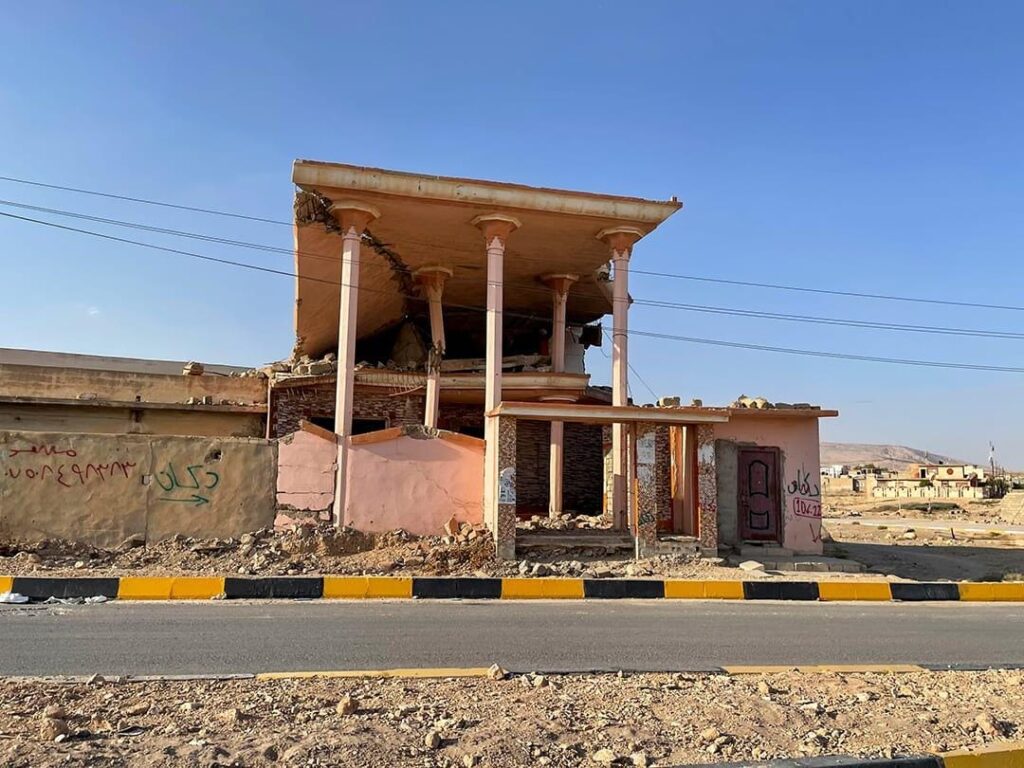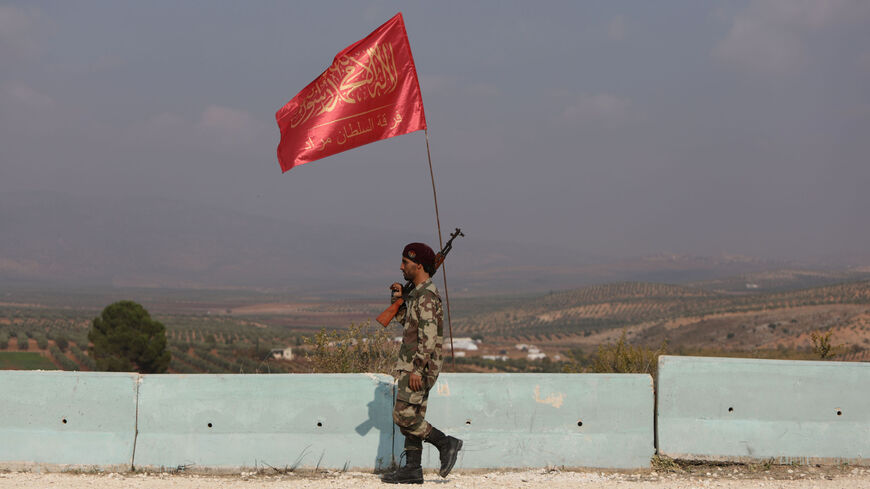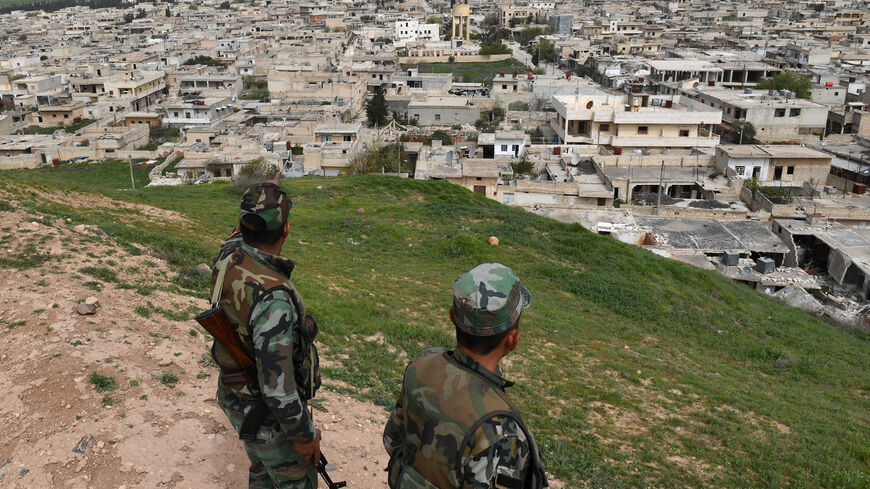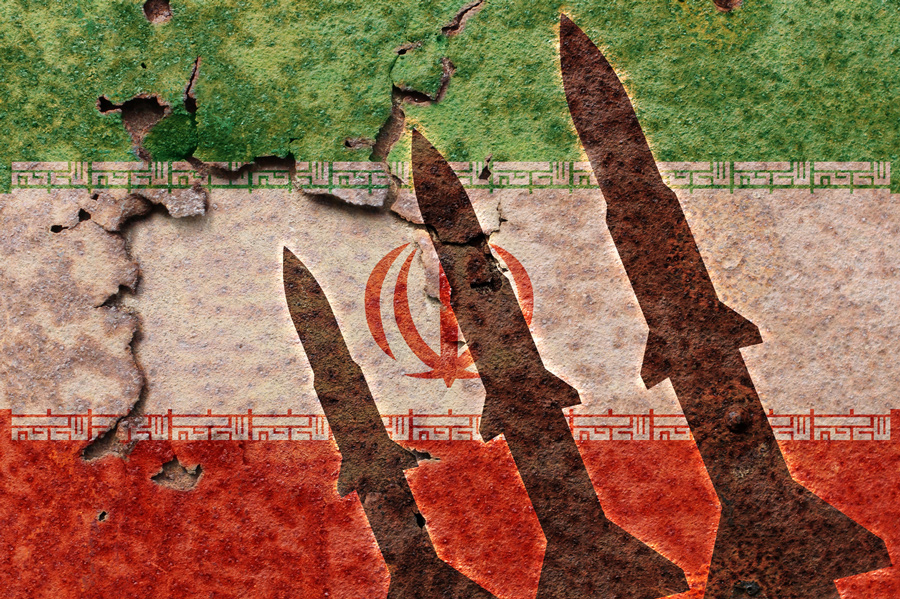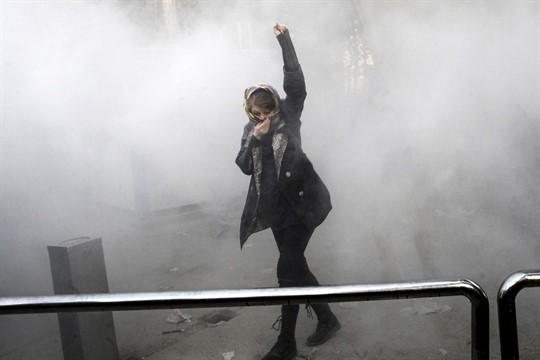Relatives of Albanian ISIS fighters to be repatriated from Syria

Four Albanian women and nine children, all related to Albanians who joined ISIS extremist groups fighting in Syria and Iraq, are being repatriated from a Syrian camp, a Kurdish official from northeast Syria said Friday.

